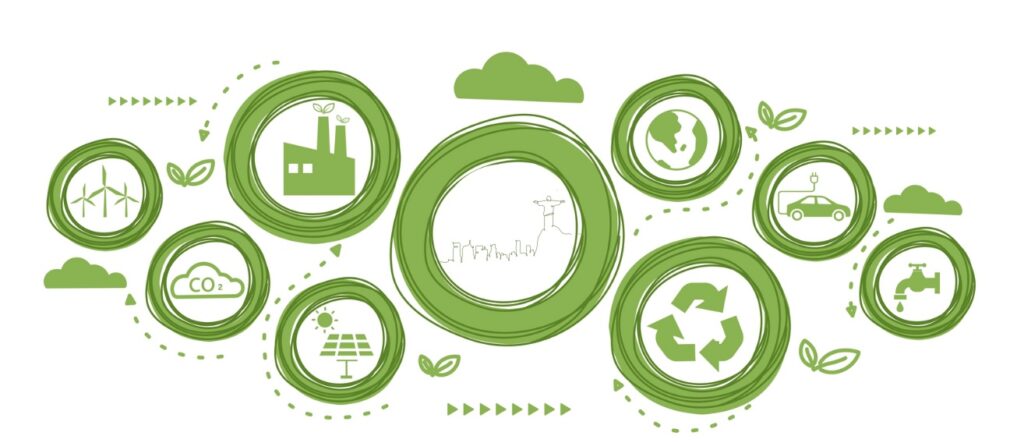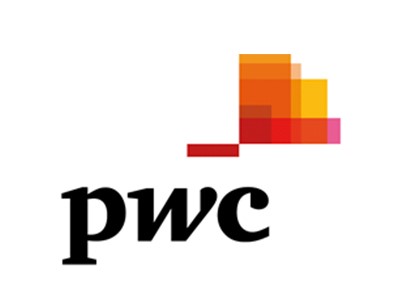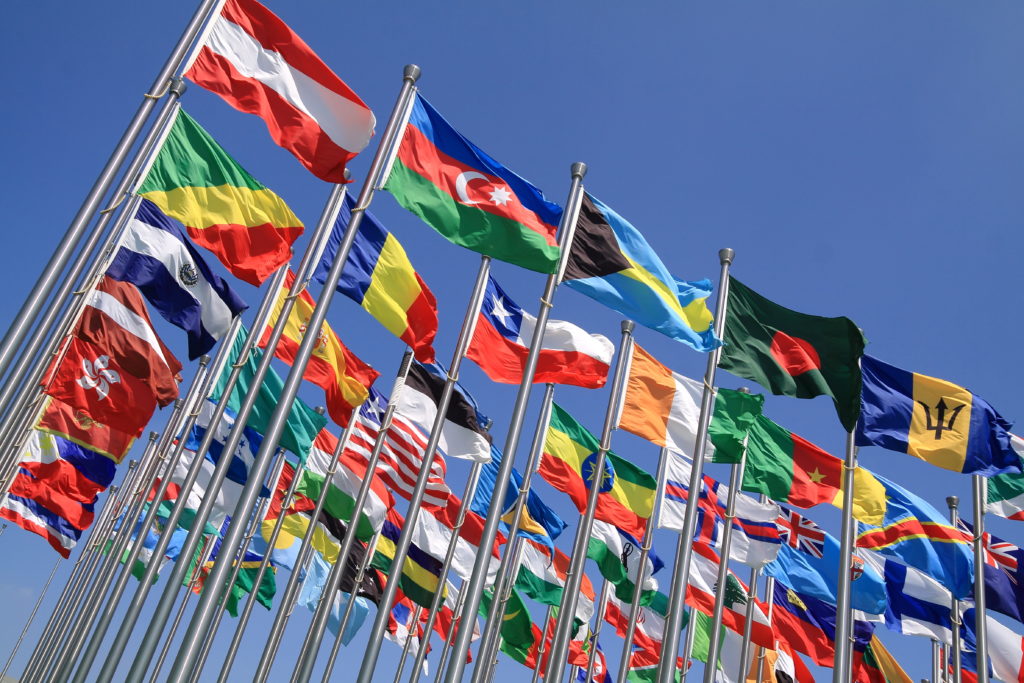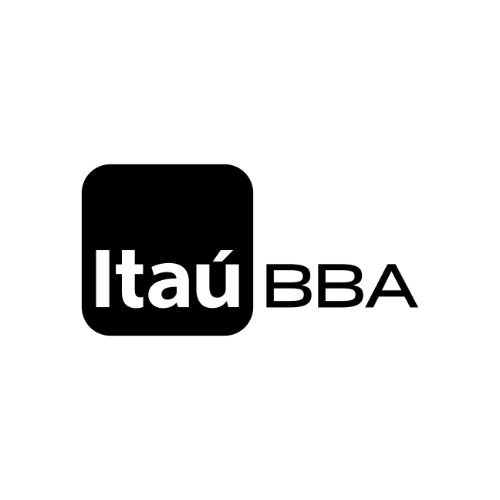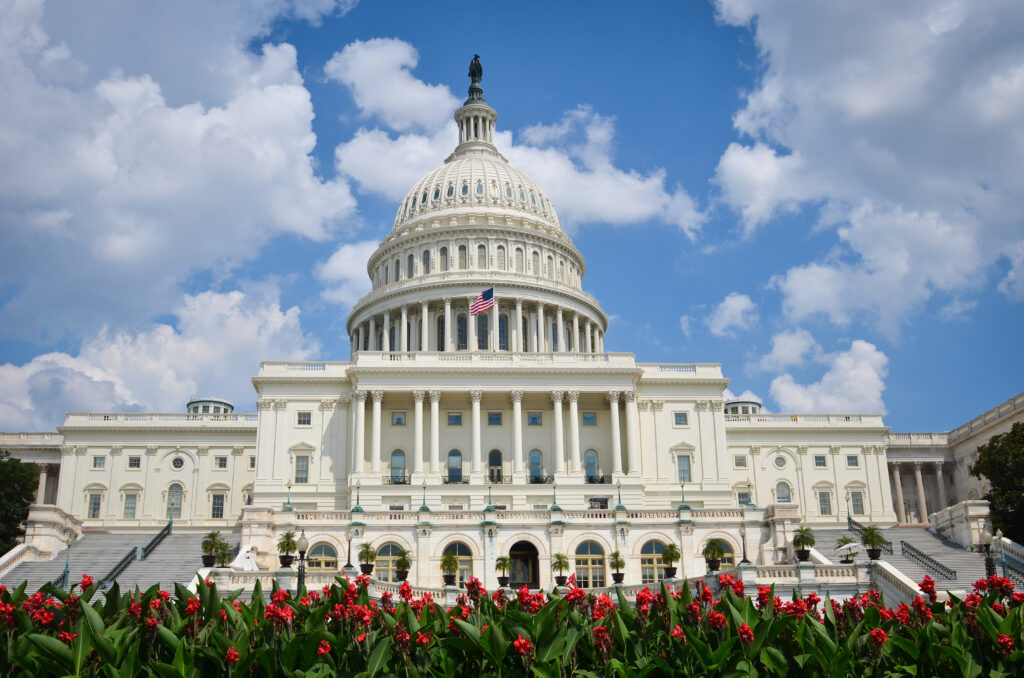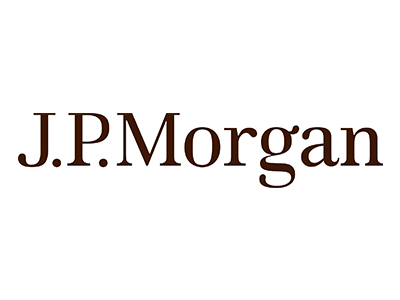Experiência de um curto período sabático na Universidade de Columbia em Nova York
Por sugestão de colegas da Brazilian-American Chamber of Commerce N.Y. repasso aos demais membros minha visão sobre as vantagens que tal período pode proporcionar a uma Empresa que busque preparar seus executivos para uma boa entrada na arena internacional de negócios. Trata-se de meu estágio como “Visiting Scholar” no “Center on Global Economic Governance” da “School of International and Public Affairs” na “Columbia University N.Y” no período 2019-2020.
https://cgeg.sipa.columbia.edu/
Esclareço que não tenho qualquer interesse em tal atitude, apenas o de evitar um desperdício de oportunidade aos colegas da Câmara em não passar vantagens dessa experiência.
A Escola de Assuntos Públicos e Internacionais – School of International and Public Affairs – da Universidade de Columbia em Nova York, através de seus seminários, palestras e cursos de curta duração, pode proporcionar a um(a) executivo(a) na iminência de entrar para a Alta Administração de sua Empresa com escopo Internacional, a tranquilidade de palestrar e negociar em meio a aspectos sensíveis como geopolíticos, étnicos, psicossociais e legais.
A abordagem técnica, mas cuidadosa, quase diplomática, nas primeiras tratativas com ministros de países, CEOs, em ocasiões frequentes em Congressos, Missões Empresariais etc., podem facilitar desdobramentos que concretizem negócios lucrativos para a Empresa. A par dos conhecimentos e experiencia intrínseca do(a) executivo(a), inclusive simpatia, senso de humor etc., há que se agregar um conhecimento dos condicionantes político-socioideológicos que permeiam as tratativas.
O Centro de Governança Econômica Global – Center on Global Economic Governance – CGEG – proporciona tal aprimoramento, via conexão adicional com outros centros da SIPA como de América Latina, Eurásia, África, Energia, além da Law School e da Business School, vizinhas dentro do Campus, com palestras e seminários de alto nível por professores muitos detentores de Prêmios Nobel.
Esta “imersão” consiste num período sabático de 6 a 12 meses, orientado pelo CGEG ou outra fonte, ficando o(a) interessado(a) livre para se inscrever em palestras, cursos, seminários de acordo com sua estratégia de desenvolvimento. Não há controle de frequência, podendo o(a) interessado(a), subsidiariamente, cuidar de assuntos de sua empresa.
O credenciamento formal à Universidade possibilita também um avançado curso de Inglês no Teacher’s College, no campus, acesso às bibliotecas, computadores etc., bem como uma série de sugestões de ambientação a um(a) eventual acompanhante, incluindo conexões com diversas atividades culturais em Nova York.
Há uma taxa a ser paga à Universidade, sendo a manutenção e hospedagem em NYC por conta do(a) interessado(a).
O colega da Câmara ou outro indicado pode obter informações diretamente no site acima ou contatar-me.
Fernando Cariola Travassos
+5521 99101 0900
fernando.travassos@yahoo.com


